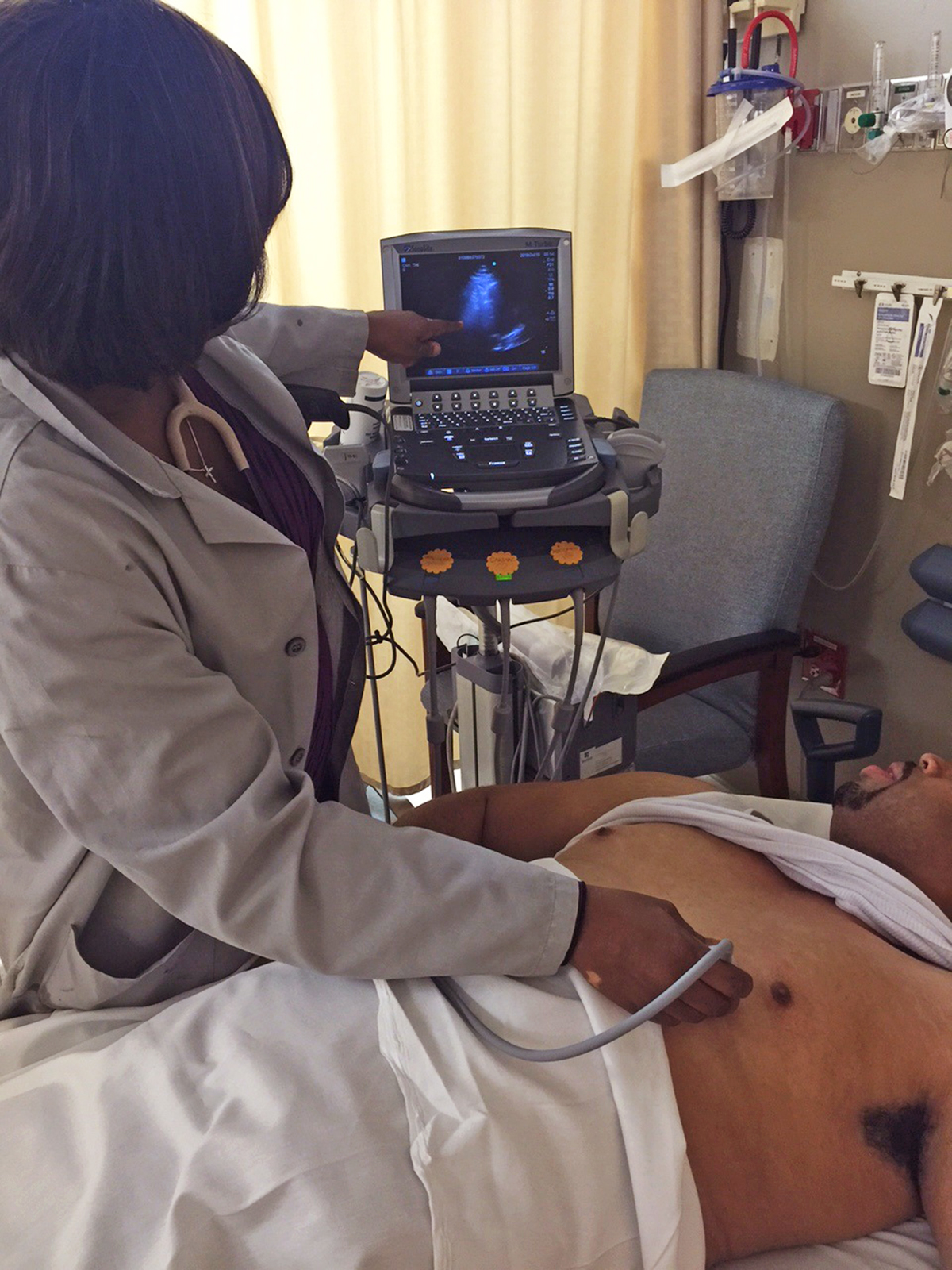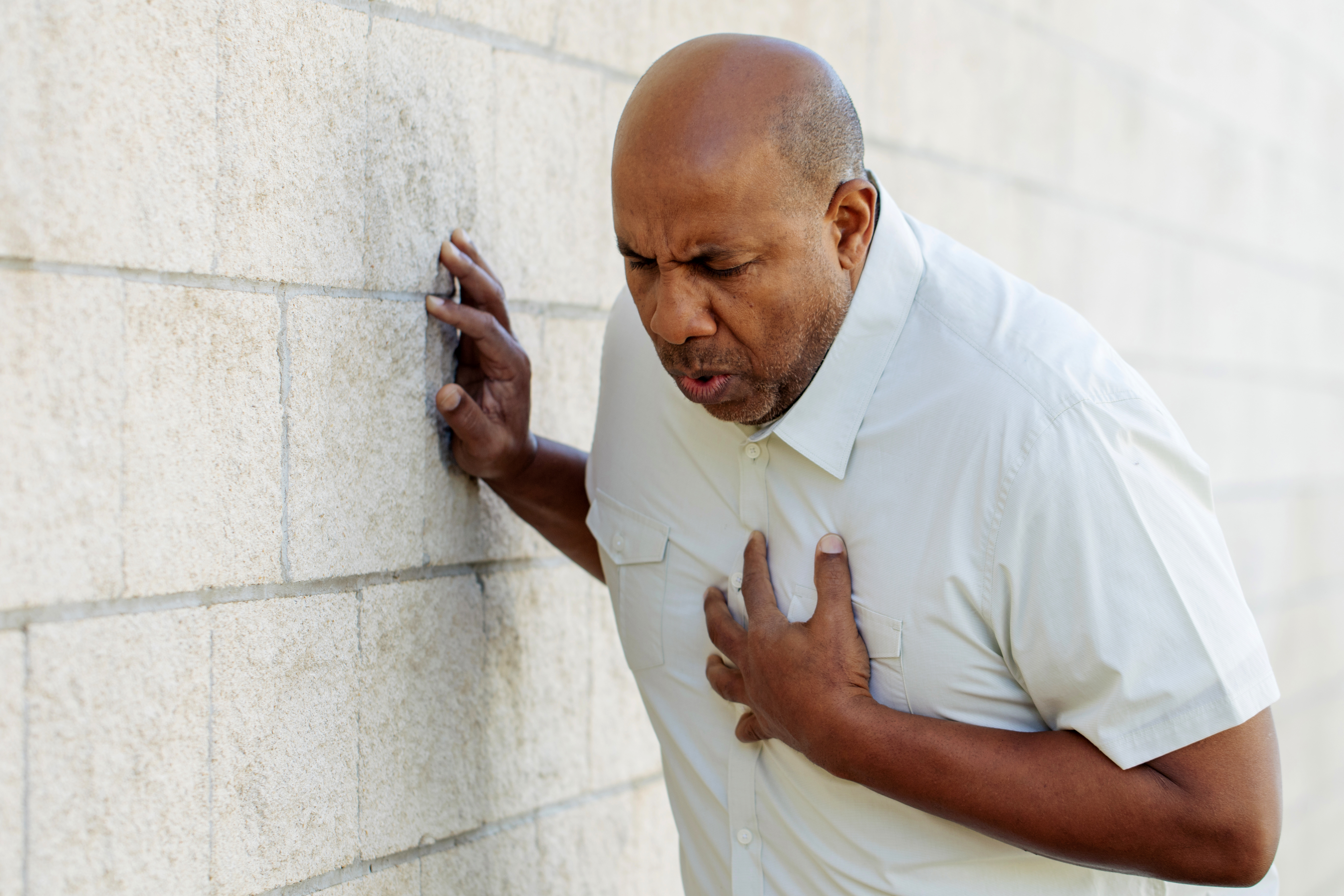Dealing with high blood pressure emergencies requires quick action and the right knowledge. While high blood pressure, also known as hypertension, is a common condition, it can sometimes escalate into a medical emergency. In this guide, we’ll explore the steps you should take when facing a high blood pressure emergency, ensuring your safety and well-being.
Recognizing the Signs

High blood pressure emergencies can manifest in various ways, such as severe headache, blurred vision, chest pain, difficulty breathing, or even confusion. It’s important to recognize these signs and not ignore them, especially if you have a history of high blood pressure.
Seek Immediate Medical Help

If you or someone around you is experiencing severe symptoms of high blood pressure, do not hesitate to call emergency services. High blood pressure emergencies can lead to serious complications like stroke or heart attack, so it’s crucial to get medical attention as soon as possible.
Stay Calm and Relaxed

While waiting for medical help, it’s important to stay calm and relaxed. Stress can further elevate blood pressure, so find a quiet and comfortable place to sit or lie down. Take slow, deep breaths to help lower your stress levels.
Monitor Blood Pressure

If you have a blood pressure monitor at home, you can monitor your blood pressure while waiting for medical professionals. Keep a record of your readings to share with the medical team when they arrive. However, do not delay seeking help if your blood pressure is extremely high.
Avoid Certain Actions

During a high blood pressure emergency, it’s best to avoid activities that can worsen the situation. This includes refraining from physical exertion, avoiding alcohol and caffeine, and not taking over-the-counter decongestants or medications that can raise blood pressure.
Follow Medical Advice

Once medical professionals arrive, they will assess your condition and provide appropriate treatment. This may involve administering medications to lower your blood pressure or recommending hospitalization for further monitoring. It’s important to follow their advice and treatment plan diligently.
Preventing Future Emergencies

High blood pressure emergencies can often be prevented by managing your blood pressure through a healthy lifestyle. This includes eating a balanced diet, exercising regularly, managing stress, and taking prescribed medications as directed by your doctor. Regular check-ups and monitoring can also help catch any potential issues early.
Conclusion

Dealing with a high blood pressure emergency requires swift action and a clear understanding of the steps to take. Recognizing the signs, seeking medical help, staying calm, and following medical advice are crucial for your well-being. Remember, prevention is key, so adopting a healthy lifestyle can significantly reduce the risk of future high blood pressure emergencies.

Leave a Reply